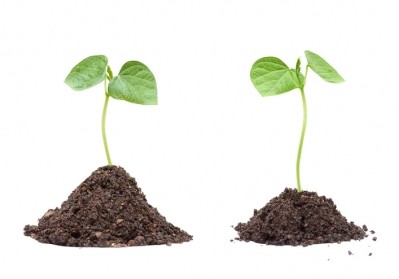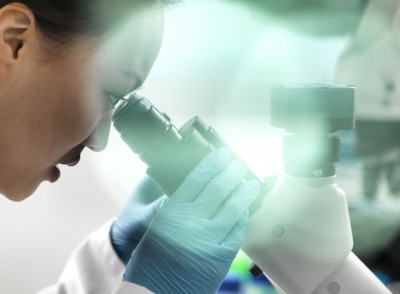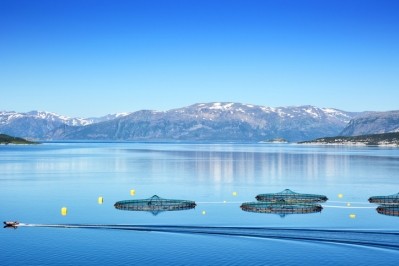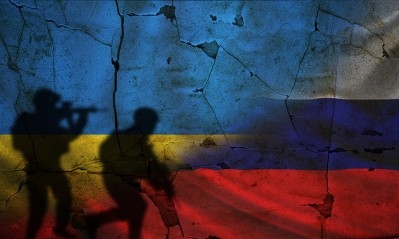BioMar shuts down activities in Russia but Nutreco continues trading with that market
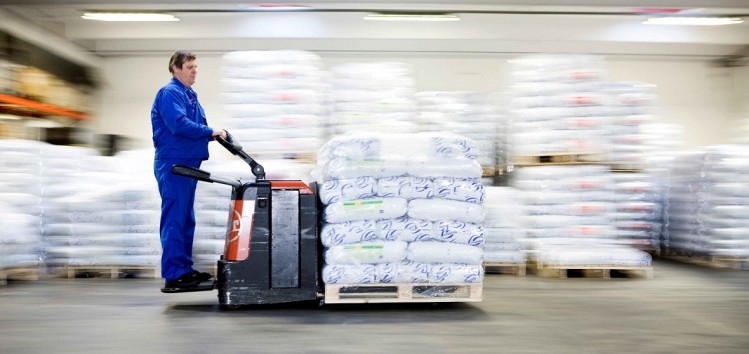
The BioMar group says it has stopped all commercial activities with and within Russia, following the invasion of Ukraine. The decision includes sales of finished products as well as the sourcing of raw materials.
The company has a sales office and a warehouse in Russia.
The decision to stop trading with Russia applies to all BioMar entities around the globe. The ban, it added, is a major step for the company, as substituting raw materials and the reduction in sales volumes will have a significant impact.
“This has not been an easy decision, but as a company driven by our purpose and values, we must take a stand. We believe it is our responsibility to make a positive impact on the environment and human rights around the world. Therefore, we will not collaborate with Russia while they are violating the sovereignty of Ukraine and causing a humanitarian crisis,” said Carlos Diaz, CEO, BioMar Group.
The trade ban has been approved by its Board, and the company said it will start the process of closing all activities from today, evaluating commitments and goods in transit in the supply chain case by case.
“Unfortunately, our decision will have a significant impact on our customers in Russia, and it might impact our formulation costs going forward, but we needed to draw a line in the sand. We do not hold the Russian people responsible, and we will do what we can to find solutions for our customers and employees. Despite the impact this will have, we believe is the right thing to do,” added the CEO.
All BioMar employees in Russia and Ukraine are being kept in employment and supported by the BioMar organization, despite business activities being disrupted, said the company.
Nutreco maintains trading relationships
Nutreco, however, said it was continuing to work with its suppliers and customers in Russia and Ukraine.
The Dutch animal nutrition and aqua feed group has a business activity in each country "Both have one production plant."
The company employs 200 people in Ukraine, while, it has 212 employees in Russia. It stressed its concern for the safety of Ukrainian staff. "We are working with the local team to ensure their safety."
In addition, Nutreco said it is focusing on "safeguarding" its operations in Ukraine and on ensuring continuity in the wider supply chain.
SHV, Nutreco's parent company, also issued a statement today, saying it would undertake no new investments, no new projects, and no new exports to Russia.
When asked whether Skretting, Nutreco's fish feed arm, would continue exporting feed to Russia, a spokesperson told FeedNavigator:
"In both countries, we play an essential role in the food value chain. We are trying to fulfill that role as best we can, in full compliance with international sanctions, to ensure that we live up to our responsibility to support society with a continued supply of food."
De Heus feed production in Lviv region continues
De Heus told this publication it is still producing animal feed for its customers out of its recently opened factory in Ukraine, in the Lviv region. "Whether and for how long this remains the case will depend on how the situation on the ground develops. The safety of our employees is our priority. At the same time, we feel responsible for the contribution we make to the food chain. Our efforts are aimed at being able to produce safely for in order to minimize the risk of food shortages."
The international feed manufacturer added that it is "shocked and saddened" by the war in Ukraine.
"We sincerely hope the military aggression will be stopped by the efforts of the international community to de-escalate this conflict and that their work towards a diplomatic solution will soon be successful."
Agribusiness group, Bunge, which shuttered its operations and offices in Ukraine last month, told us today that it is operating in Russia, in compliance with all sanctions. "We will continue to evaluate the operation of our single facility in Russia which supports domestic farmers and consumers and take further action as necessary."
The company divested Russian assets early last year, selling its Rostov grain terminal in the southern region to former top managers of state grain trader, United Grain Company.
